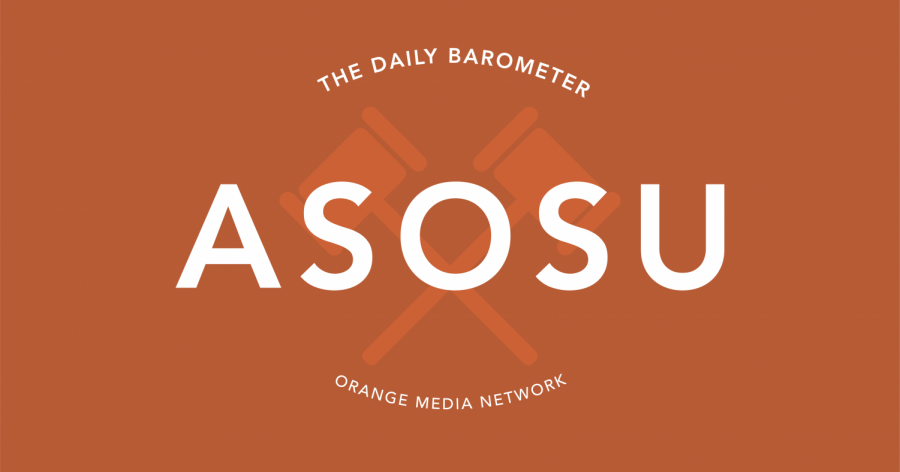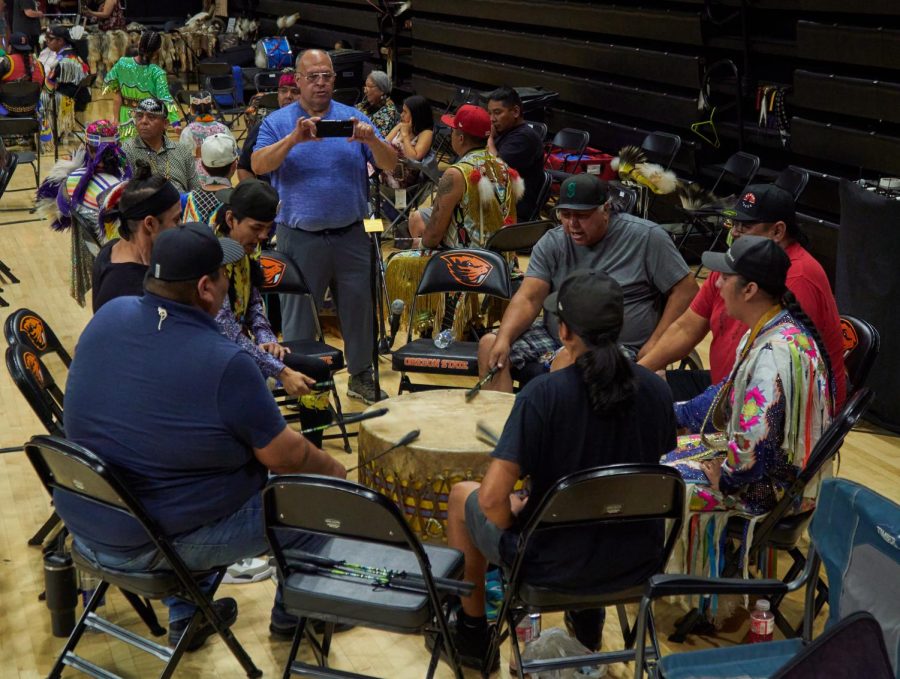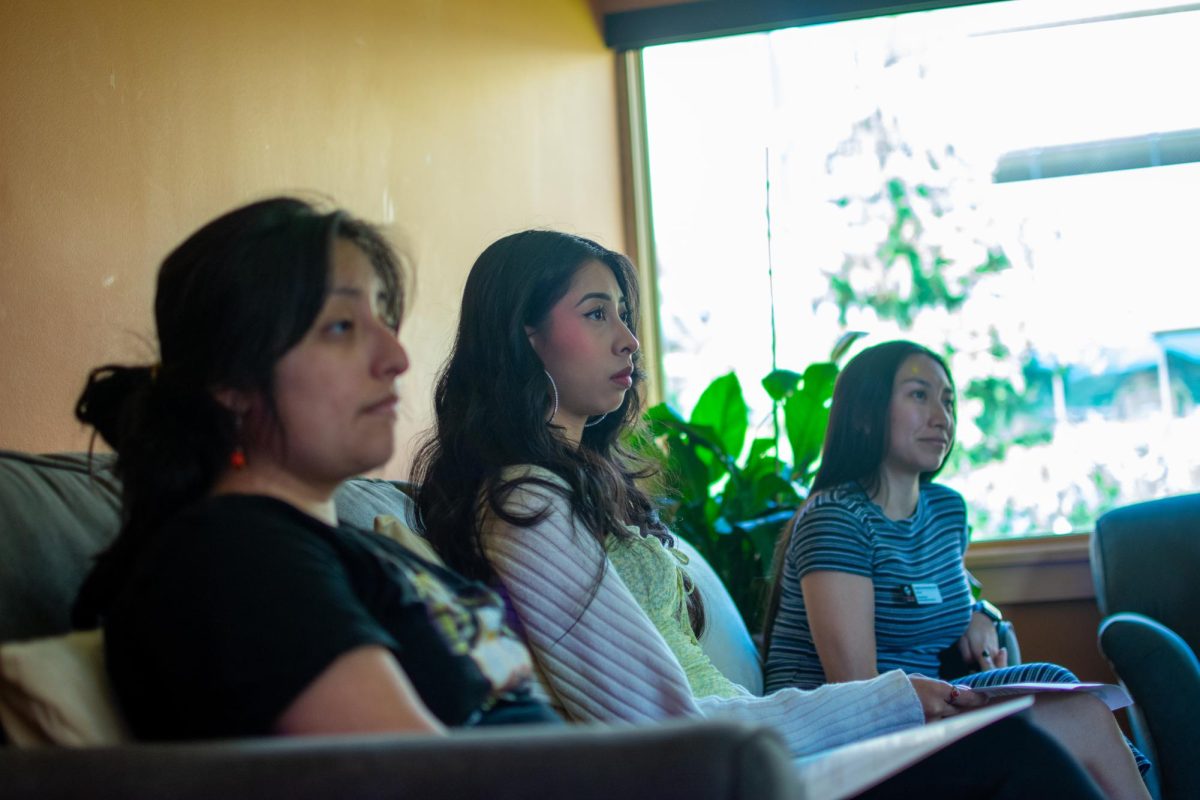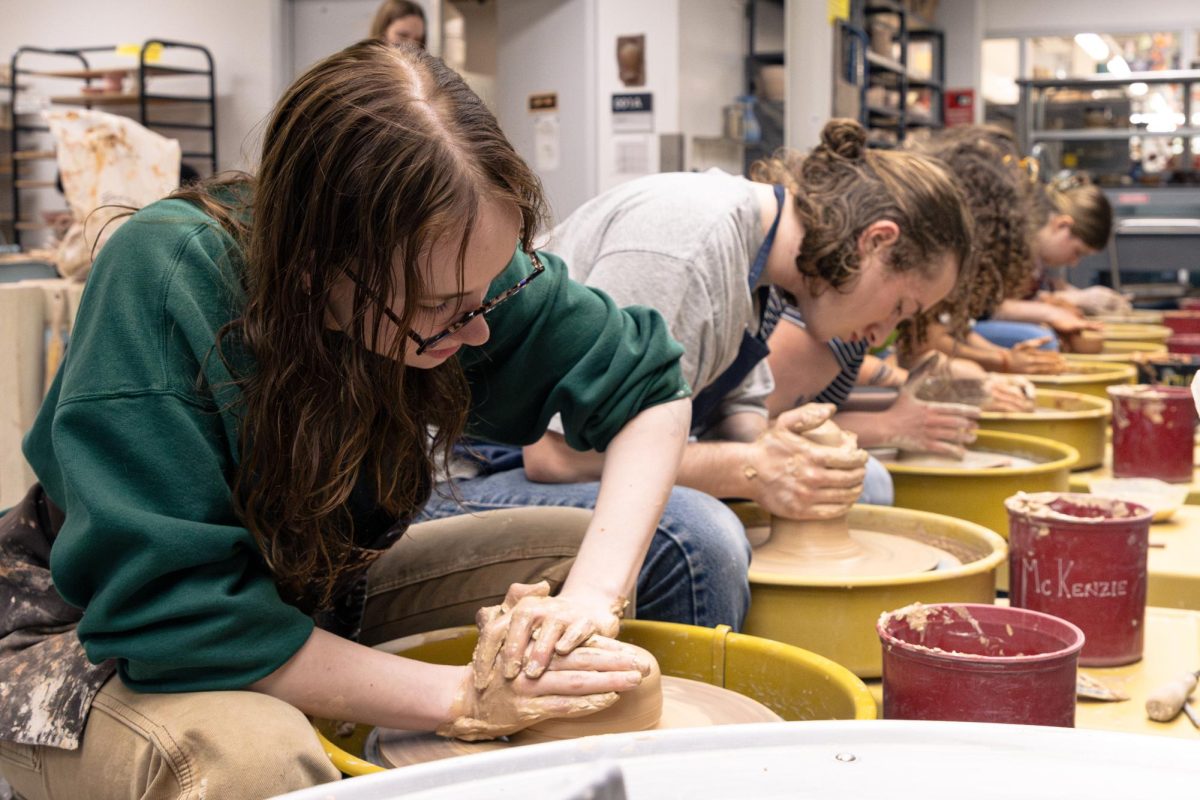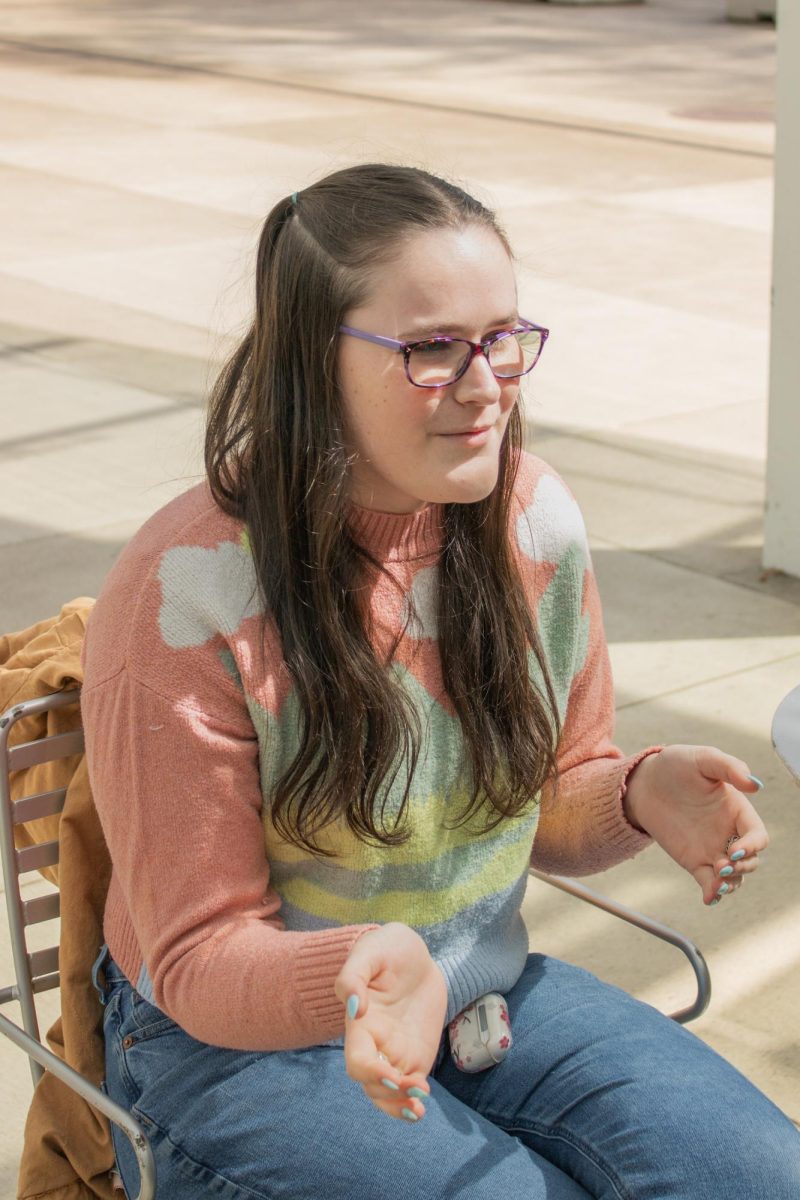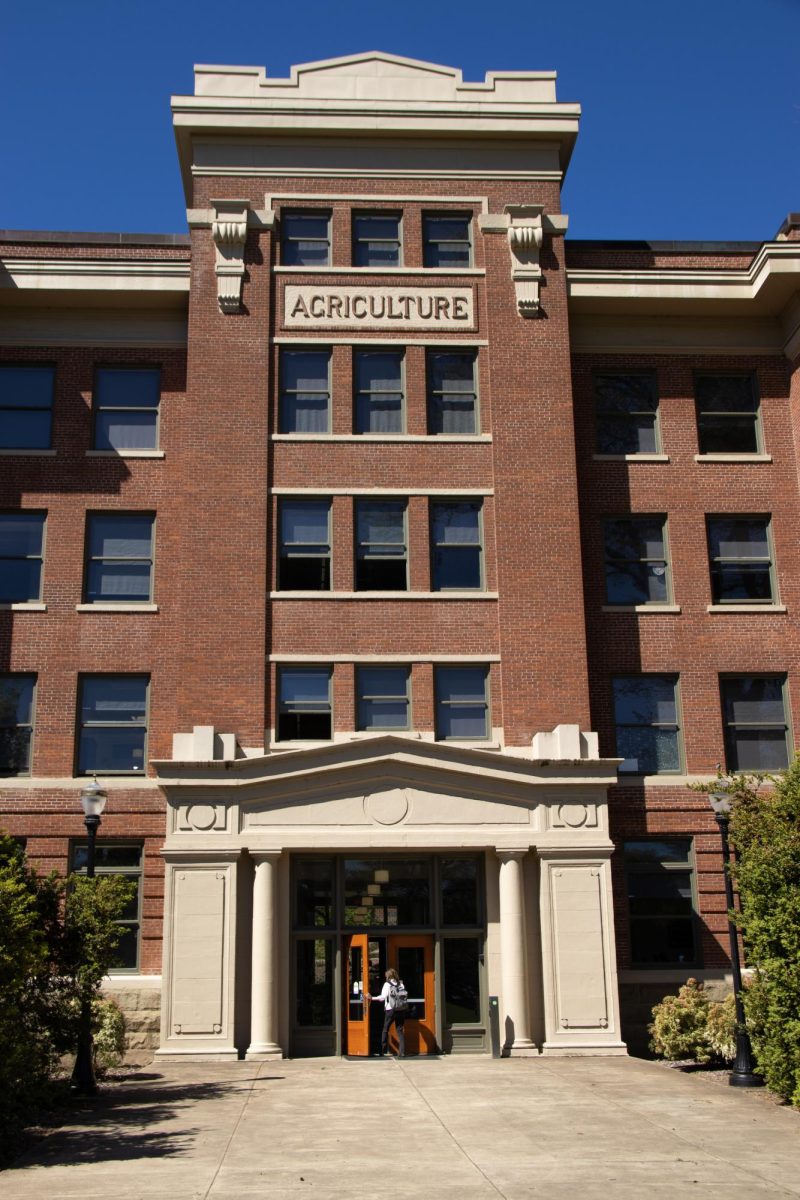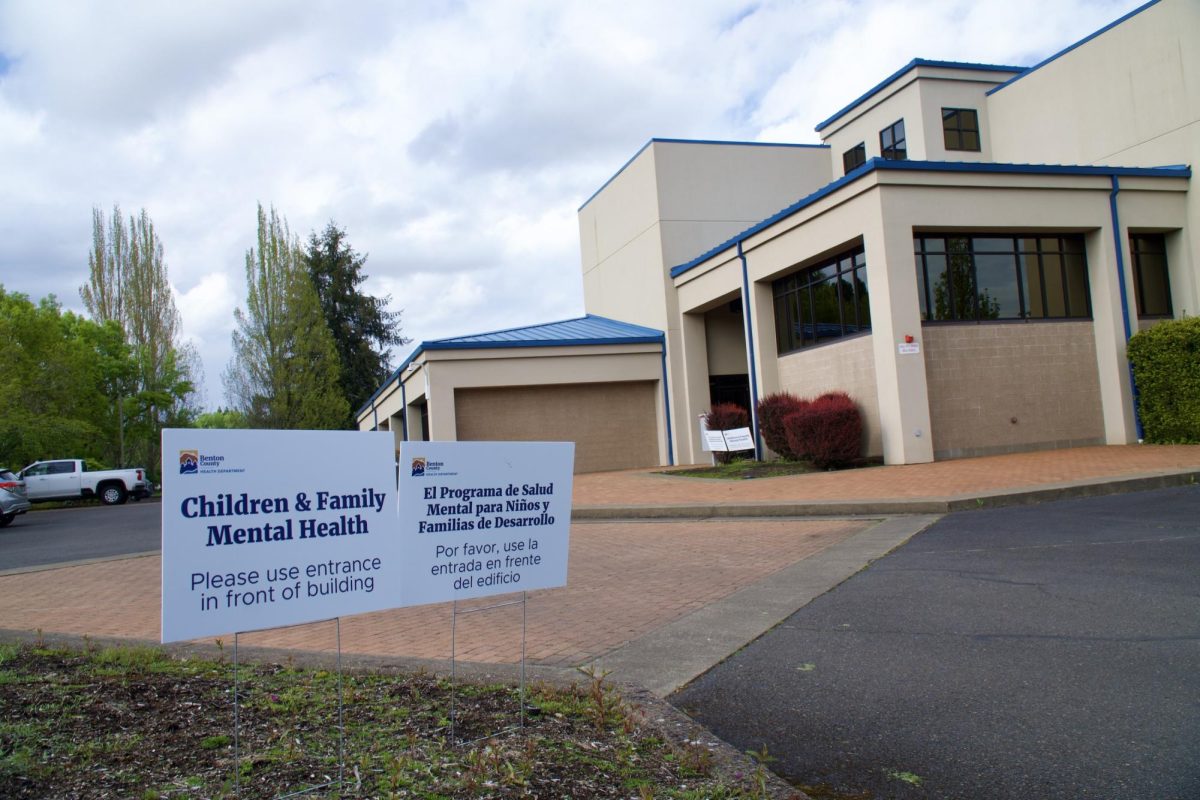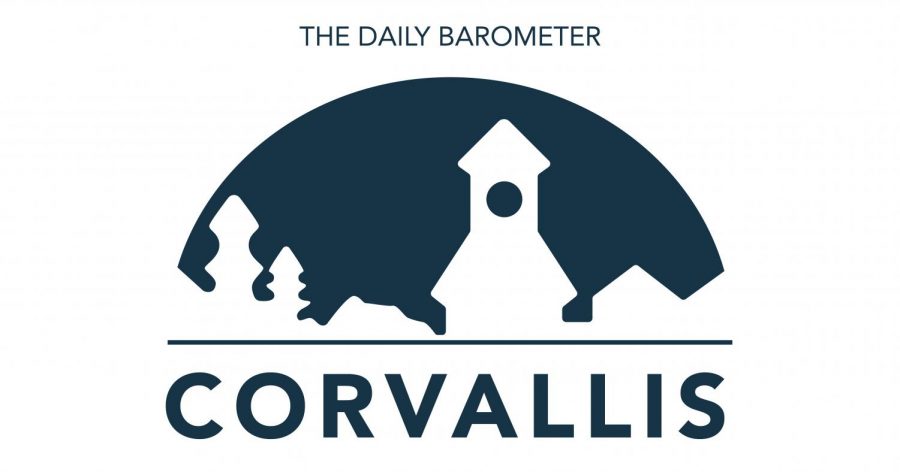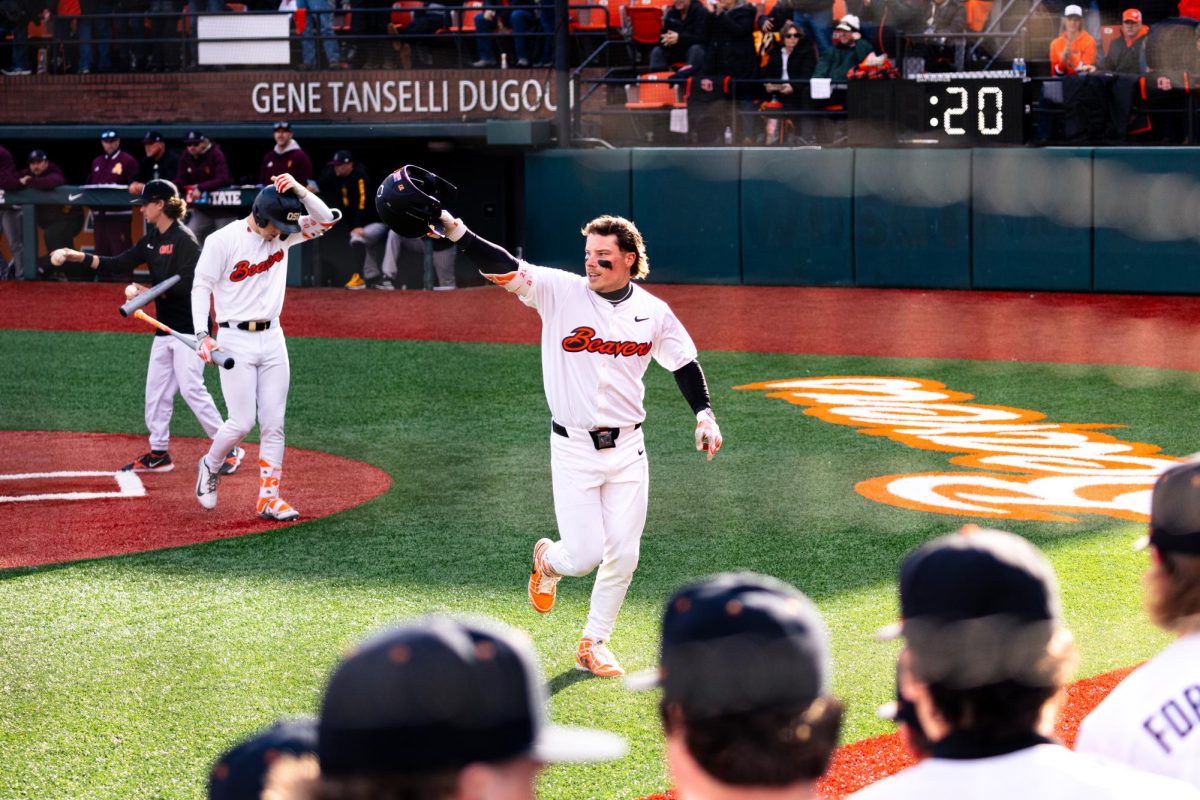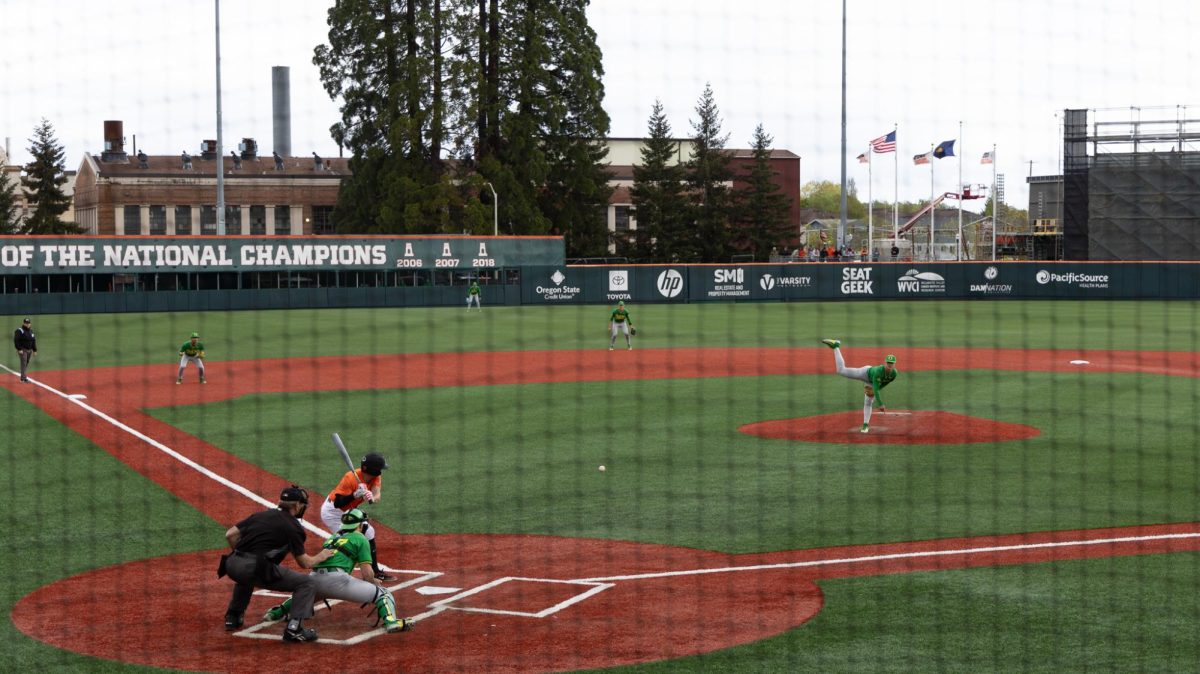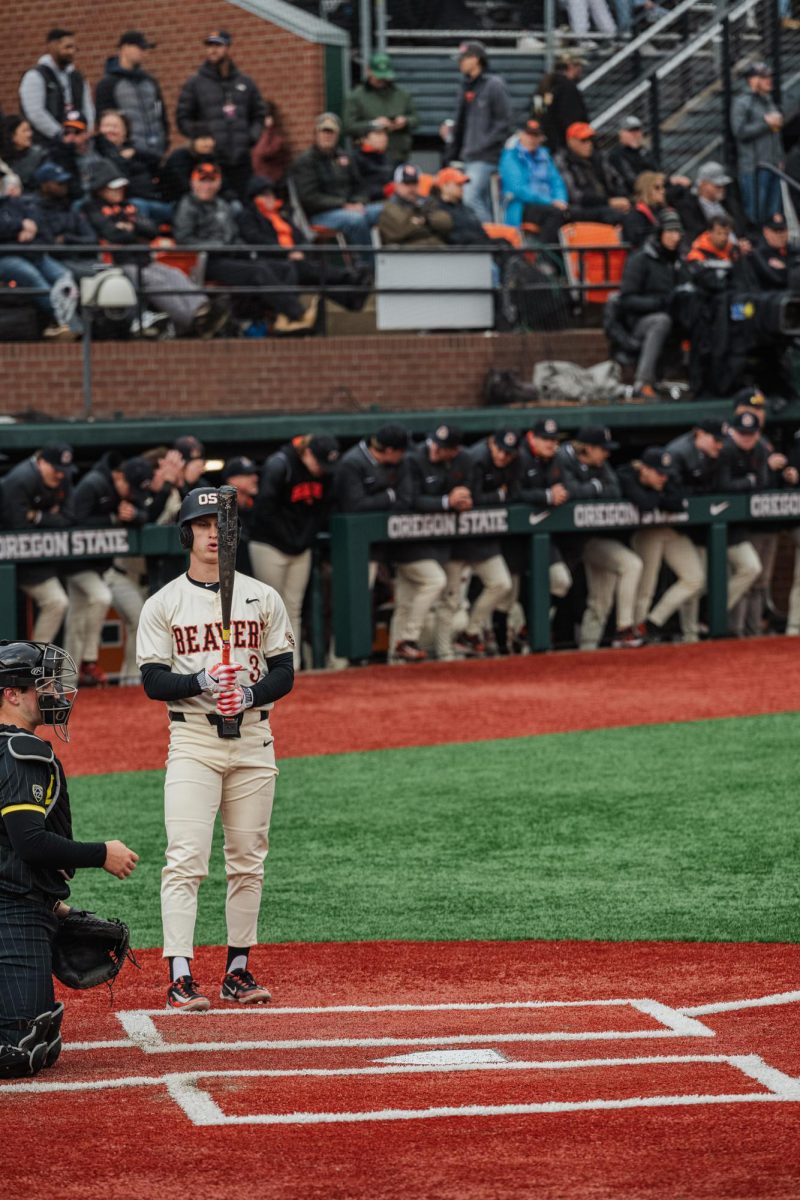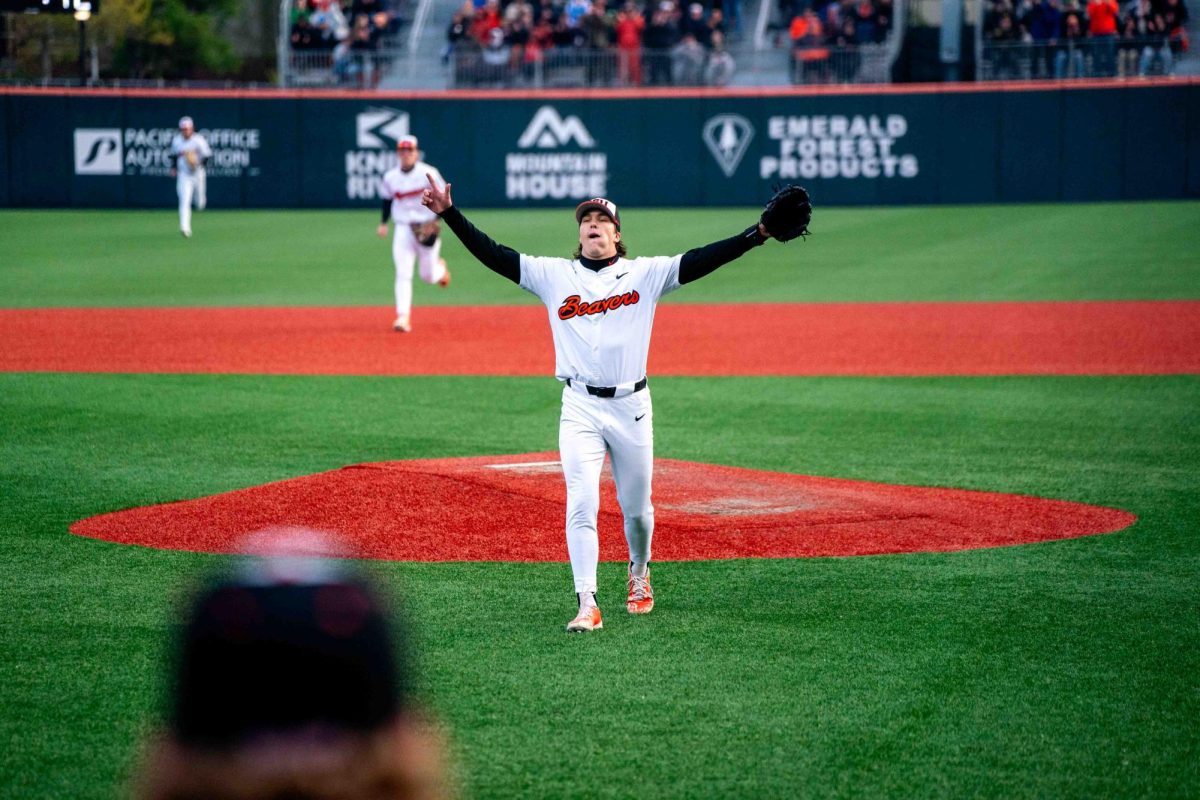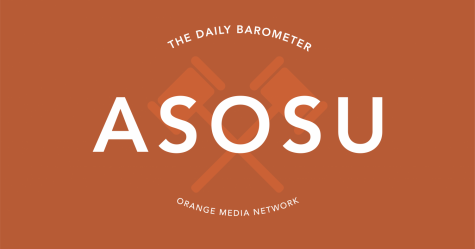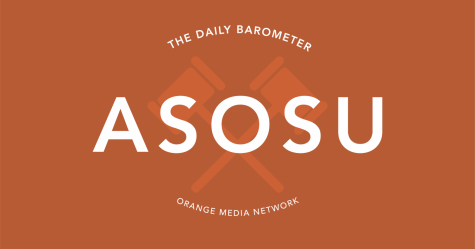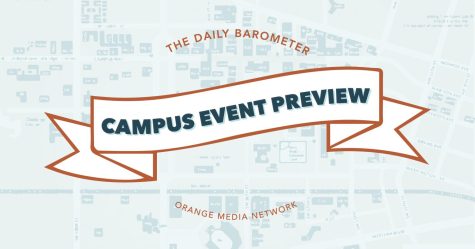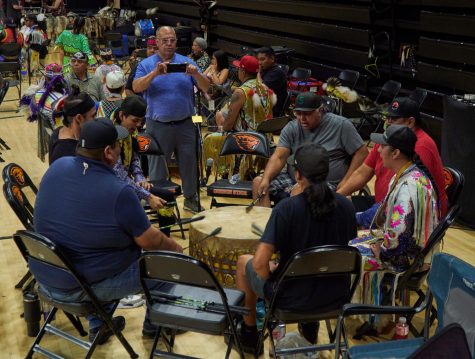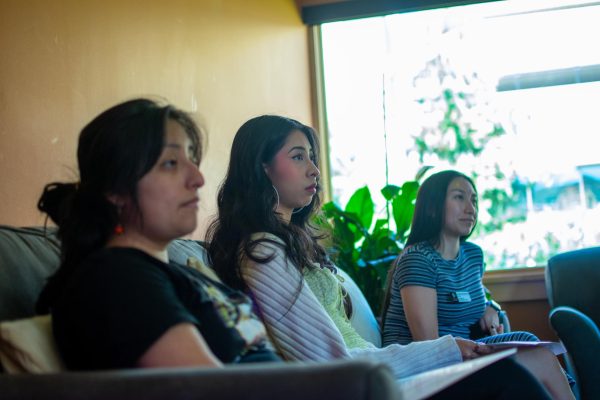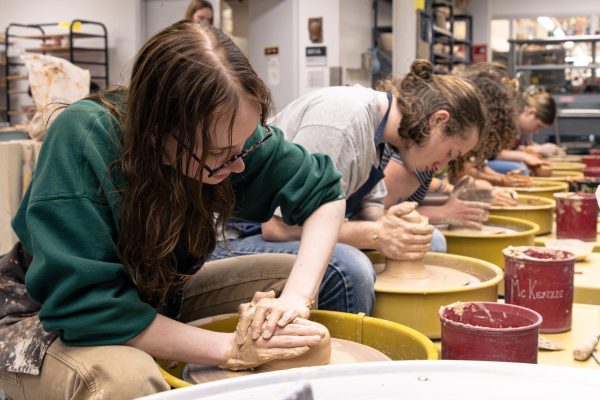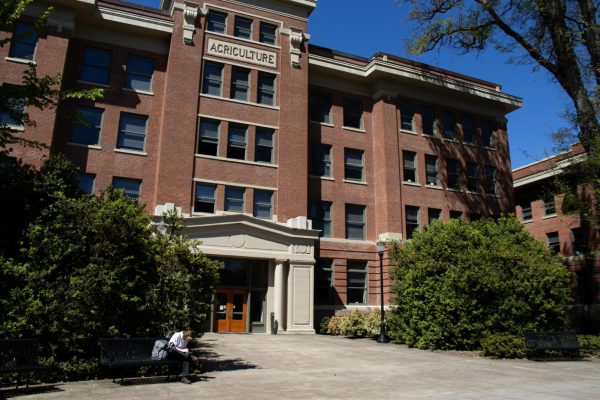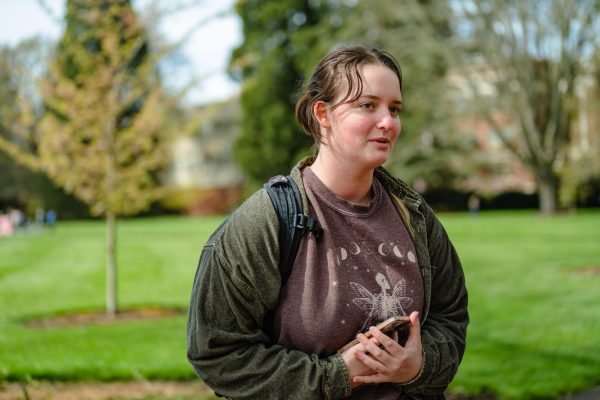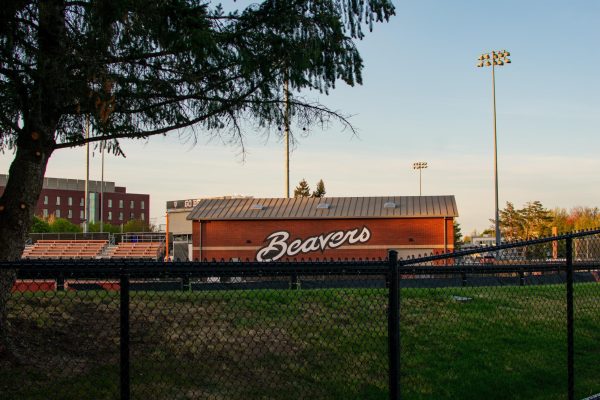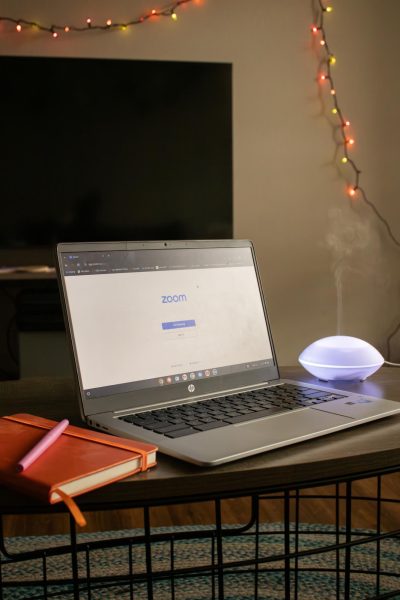Government shutdown affects OSU research funding, government assistance programs
January 23, 2019
To date, the current government shutdown is longest in the history of the United States, lasting a total of 33 days and impacting individuals across the nation, and right here at Oregon State University.
Consequently, there are a number of concerns regarding the shutdown’s impact on the students and families of OSU, including uncertainty amidst federally-funded research and federal financial aid. Although the effects of the shutdown have been limited in scope thus far, an extended shutdown could have significant consequences for many individuals in the OSU community, including losses of financial aid and food stamps.
Christopher Stout, Associate Professor of Political Science, said the more contact one has with the government, the more likely their lives will be impacted by the ongoing shutdown, which is a result of President Trump’s class with Congress over his proposal for funding a wall along the U.S.-Mexico border.
Stout said a spending bill was passed in October which included funding for the year for the Department of Education, so federal financial aid is not significantly impacted at this time.
However, students and researchers who conduct research on campus and are funded by specific groups will not receive pay until the shutdown concludes.
“Students who have jobs which are funded by the National Science Foundation and their researchers were supposed to receive payments over the shutdown will not be able to be paid as the NSF will not send out payments until the shutdown ends,” Stout said via email.
Keith Raab, director of Financial Aid, said financial aid is safe for now.
“Specifically with financial aid, under the current circumstances, it doesn’t really impact us,” Raab said. “Unless it lasts substantially longer, I don’t see direct financial aid impacts.”
However, Raab expressed concern regarding the Supplemental Nutrition Assistance Program, which provides low-income students and families with nutritional and food assistance. SNAP is a federal aid program, run by the United States Department of Agriculture. According to Raab, the SNAP budget must be addressed in February.
“There are a lot of students at OSU whose families use government services of one kind or another. And as those services are impacted, those students will be impacted,” Raab said.
The Office of Financial Aid has identified students that could potentially have a problem regarding financial aid and emailed students who have not turned in certain documentation needed for financial aid.
“That is the active outreach we have done,” Raab said. “We don’t want to add to student stress, if you will, by notifying people that it doesn’t apply to.”
In addition, Steve Clark, the vice president of University Relations and Marketing, said the university is addressing the shutdown by monitoring the situation.
“We will continue to monitor closely the shutdowns occurring in Washington D.C.,” Clark said via email. “We will routinely update our students, faculty and staff as matters change or evolve.”
Overall, Stout described that the long-term impact of the shutdown nationally would be a recession, since workers across the country would be unable to make purchases for an extended period of time. Moreover, he expressed uncertainty in regards to how much longer the current shutdown will last.
“It is difficult to know how long this will last as neither side appears to be budging. There were talks of compromise in the Senate, but those fell apart,” Stout said via email. “In the past, one side appears to lose more in terms of public opinion and this drives the end of the shutdown.”
Ultimately, Raab encourages students to visit the Office of Financial Aid if they have any concerns or questions regarding the impacts of the shutdown.
“If students are encountering specific challenges — if they’re having trouble with financial aid, or if their family is having unanticipated struggles, those types of things — we very much want them to come and talk to us,” Raab said. “In a lot of ways, we can’t help if we don’t know that there are issues. So if you’re struggling, if you need something, please come see us.”

